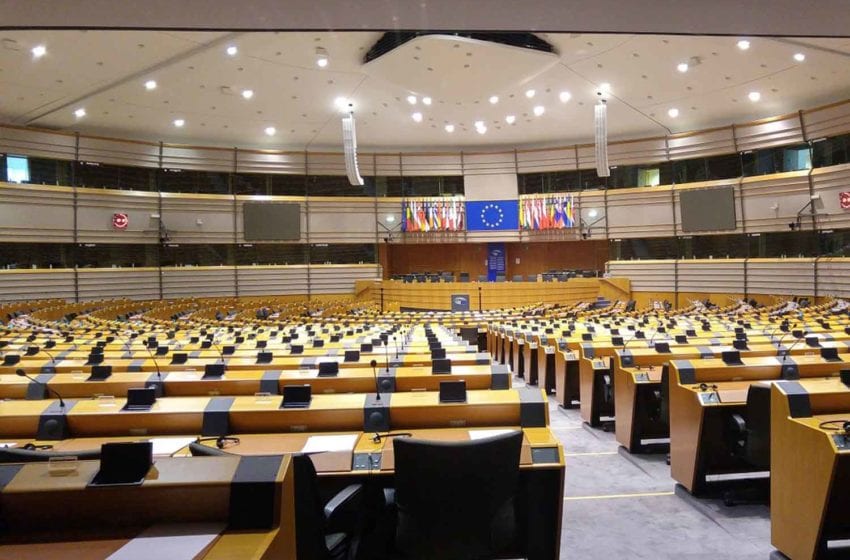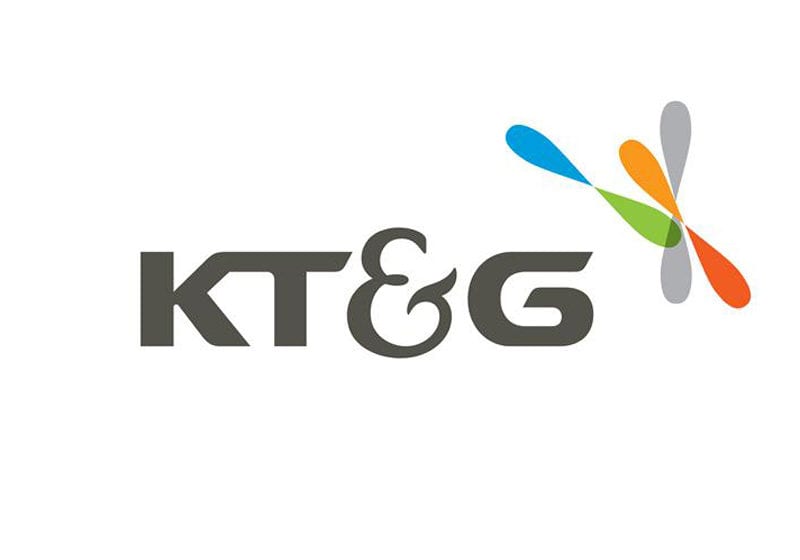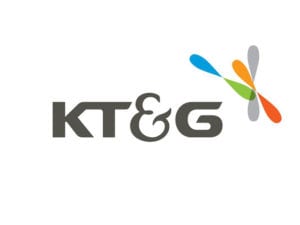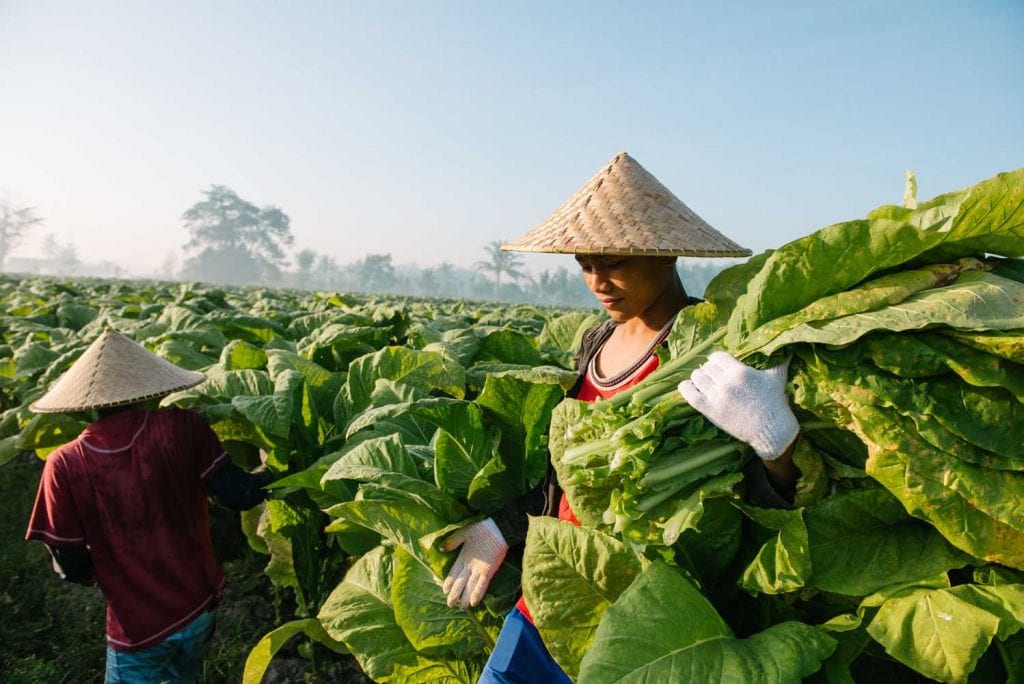
How much politicians know about e-cigarettes and other novel tobacco products has a major effect on their perceptions of safety and risk, new research suggests.
A survey of members of the European Parliament (MEPs) found that those who were knowledgeable about novel tobacco products were far more likely than those with no knowledge to consider them less risky than smoking.
The survey conducted by ECigIntelligence and TobaccoIntelligence, independent data providers to the sector, found that:
- A high proportion of MEPs have no knowledge about new nicotine products.
- Views on risk seem linked to knowledge of the products. Those MEPs with knowledge of the products are more likely to consider the products less risky than smoking; those with no knowledge are more likely to consider the products the same or more harmful compared to smoking.
- Most MEPs believe new nicotine products are likely to help existing smokers quit.
- MEPs predominantly think that vaping is safer than smoking, but up to one in five think that some new nicotine products can be as risky as smoking.
The survey was carried out online and anonymously, and all data remains confidential other than in consolidated analysis. It was sent to all MEPs (from all member states and political parties), and responses were obtained from over 30 MEPs, representing nearly 5 percent of the European Parliament.



 KT&G seeks to generate half of sales from abroad by 2025, according to the
KT&G seeks to generate half of sales from abroad by 2025, according to the 


 Cigarette manufacturers operating in the Philippines’ special economic zones (SEZ) will soon have to register with the Bureau of Internal Revenue (BIR) to help curb illicit tobacco trade, reports
Cigarette manufacturers operating in the Philippines’ special economic zones (SEZ) will soon have to register with the Bureau of Internal Revenue (BIR) to help curb illicit tobacco trade, reports 









